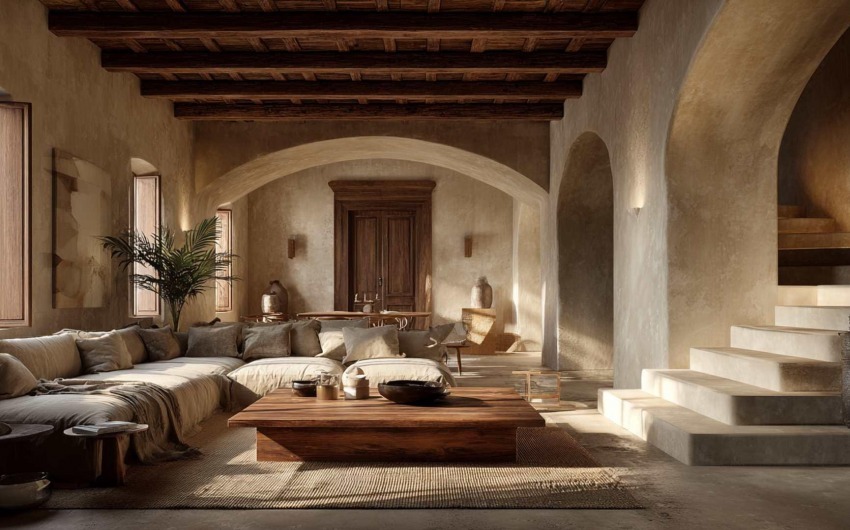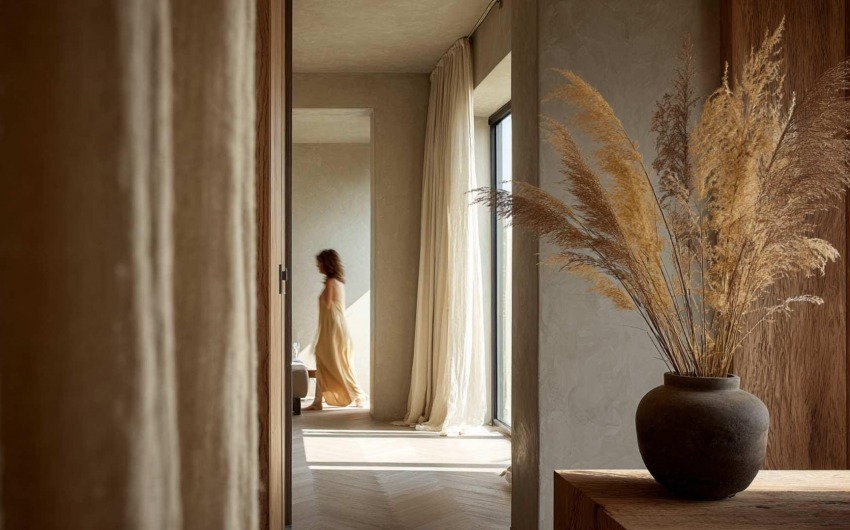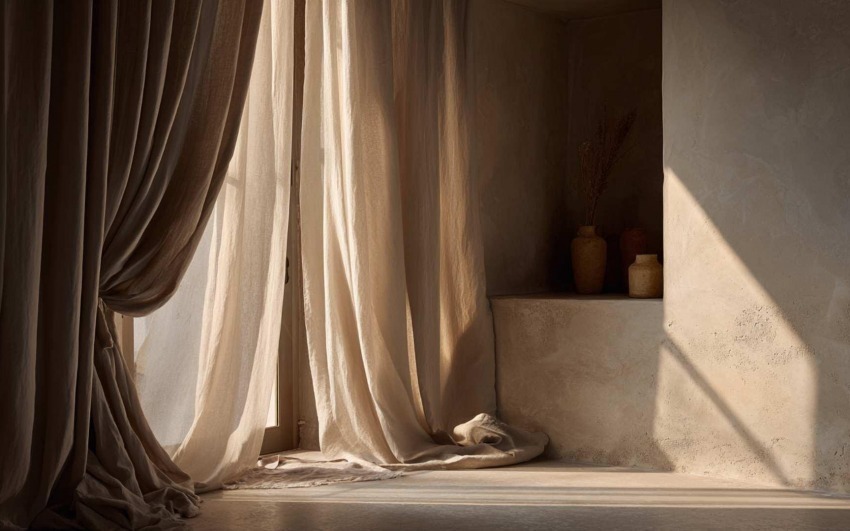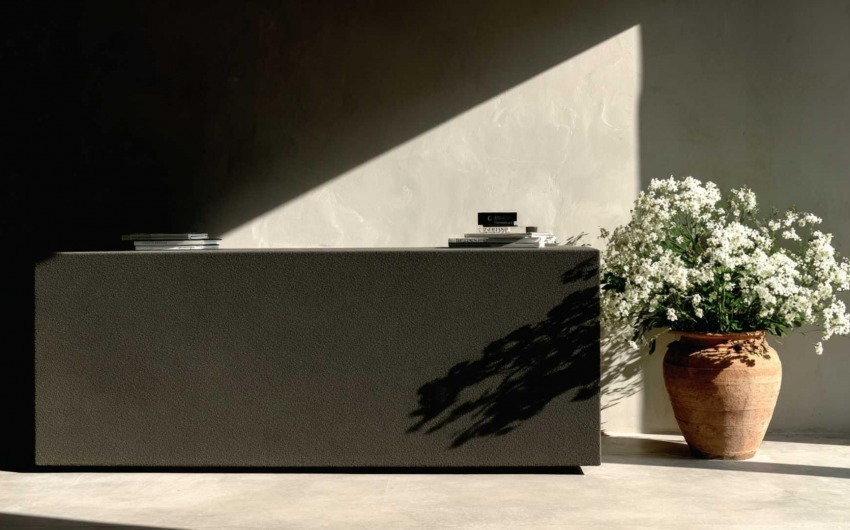9/13/2024
Acoustic Solutions in Interior Design
One of the most overlooked aspects of interior design is acoustics. In homes or commercial spaces, acoustics significantly affect well-being by creating environments that reduce stress and promote focus. To integrate effective acoustic solutions, consider:
Sound-Absorbing Panels: These panels not only reduce noise but can also serve as interesting decorative elements thanks to various shapes, textures, and colors.
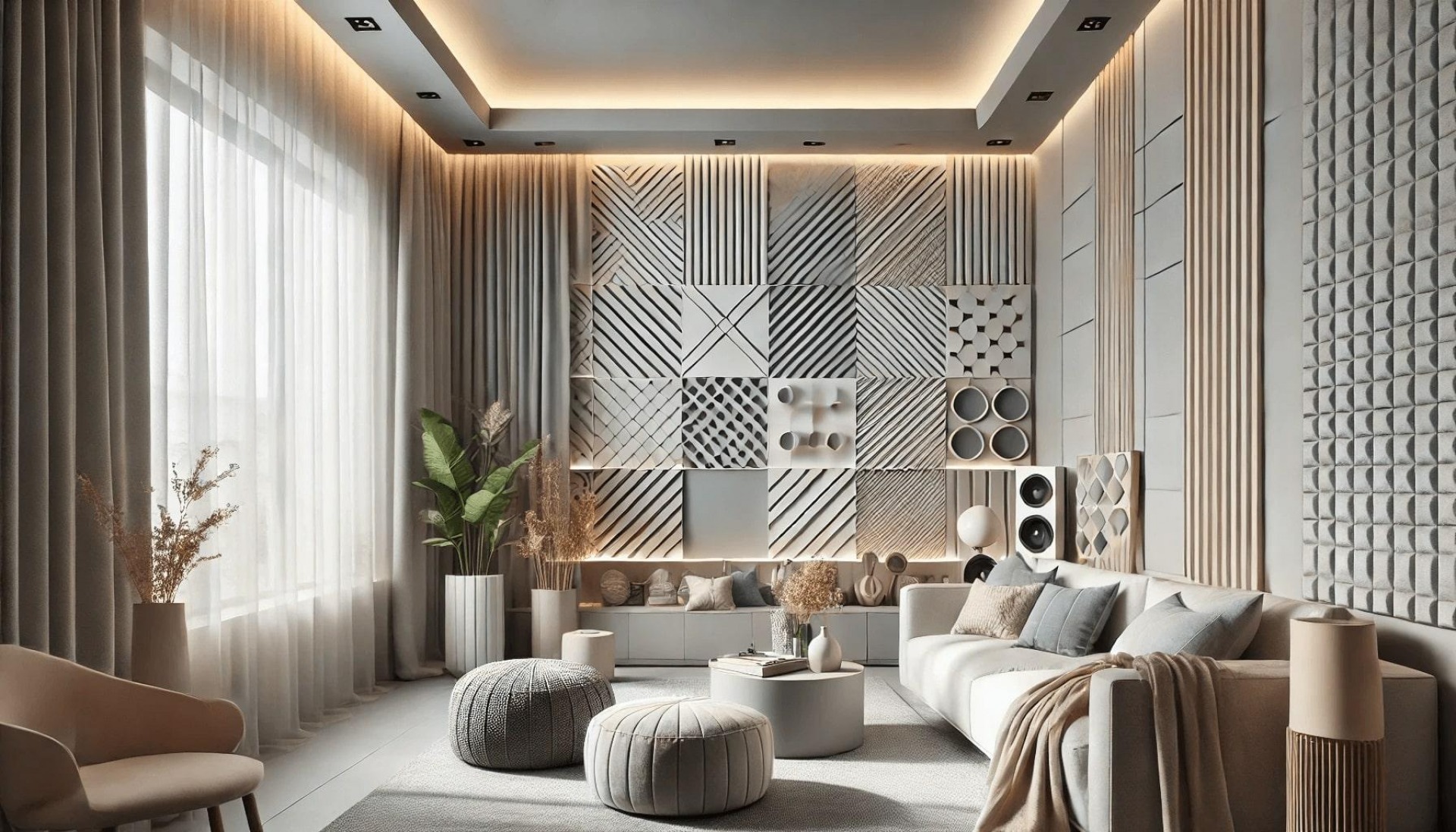
Sound-Absorbing Fabrics and Materials: Heavy curtains, rugs, and fabric coverings can reduce sound reverberation in rooms with hard surfaces.
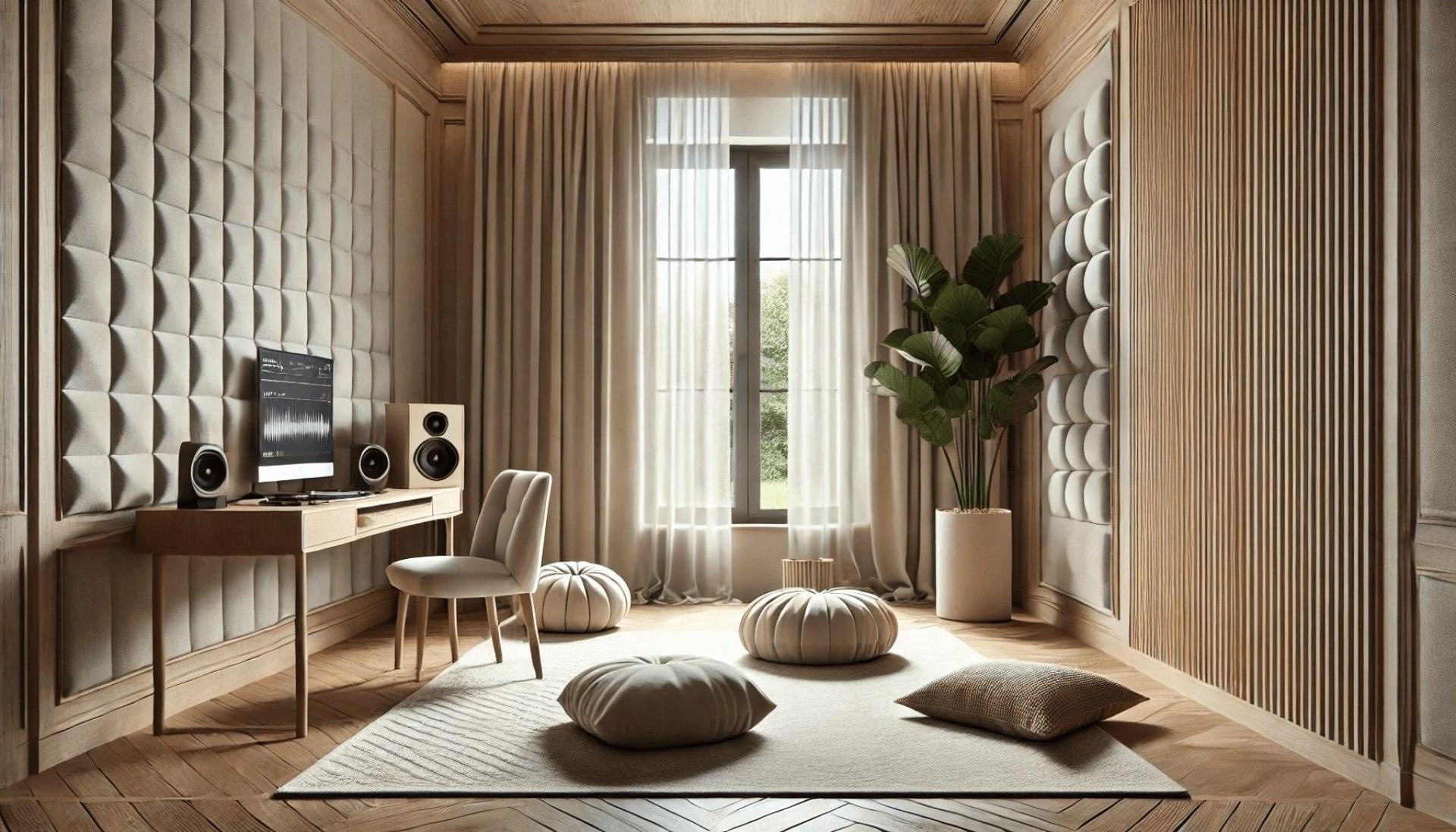
Acoustic Plants: Plants not only purify the air but also act as natural sound barriers, helping to reduce noise pollution.
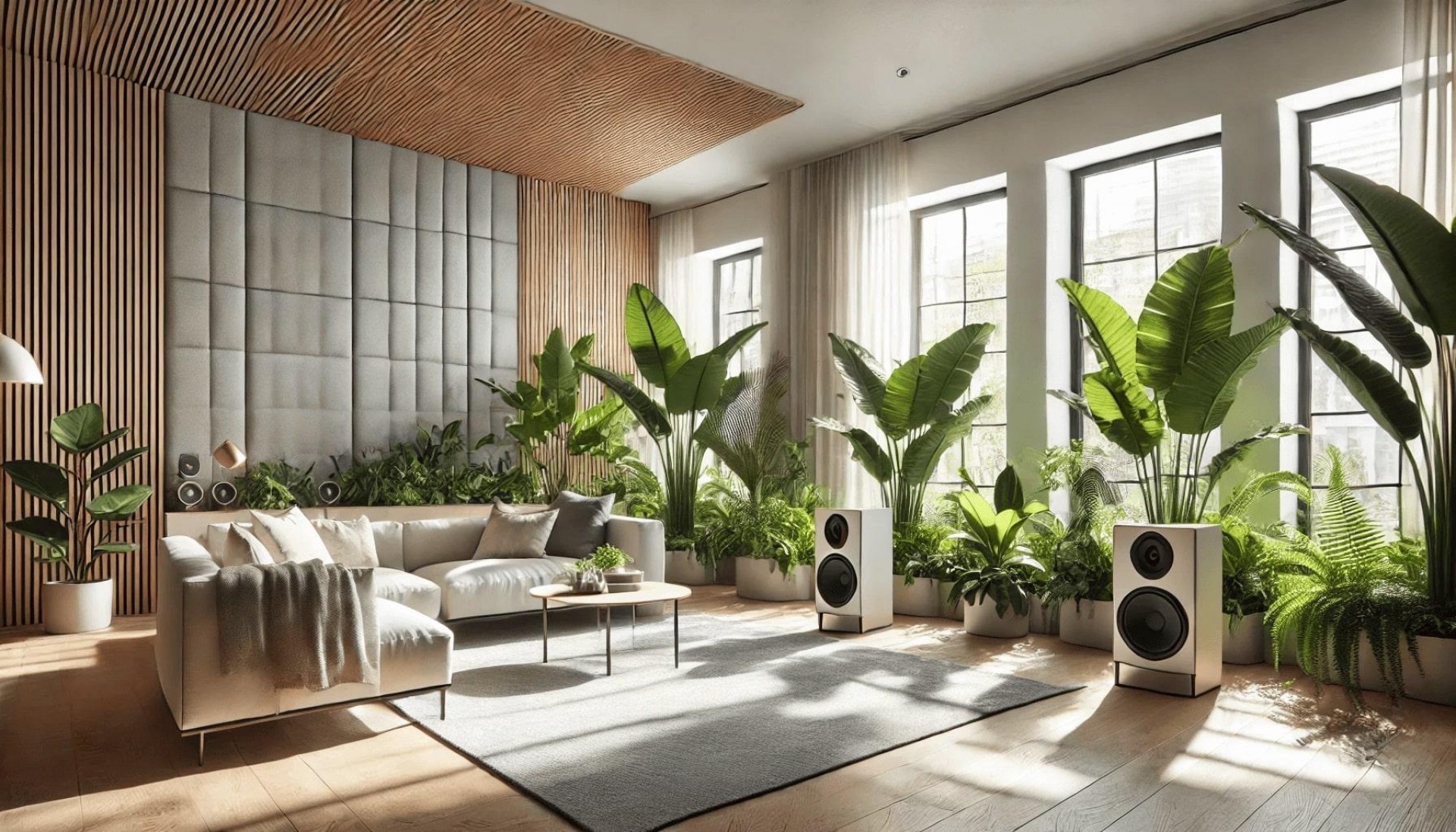
Music Integrated into Spaces
Music has the power to influence emotions and mood. Designing a space that integrates music into everyday life can enhance the overall atmosphere. Here are some ideas:
Hidden Speakers: Incorporating audio speakers into furniture, walls, or ceilings allows for a uniform sound experience without disrupting the aesthetics of the space.
Themed Music: Each room in the house can have its own "soundtrack," with music that promotes relaxation in the bedroom or productivity in the office.
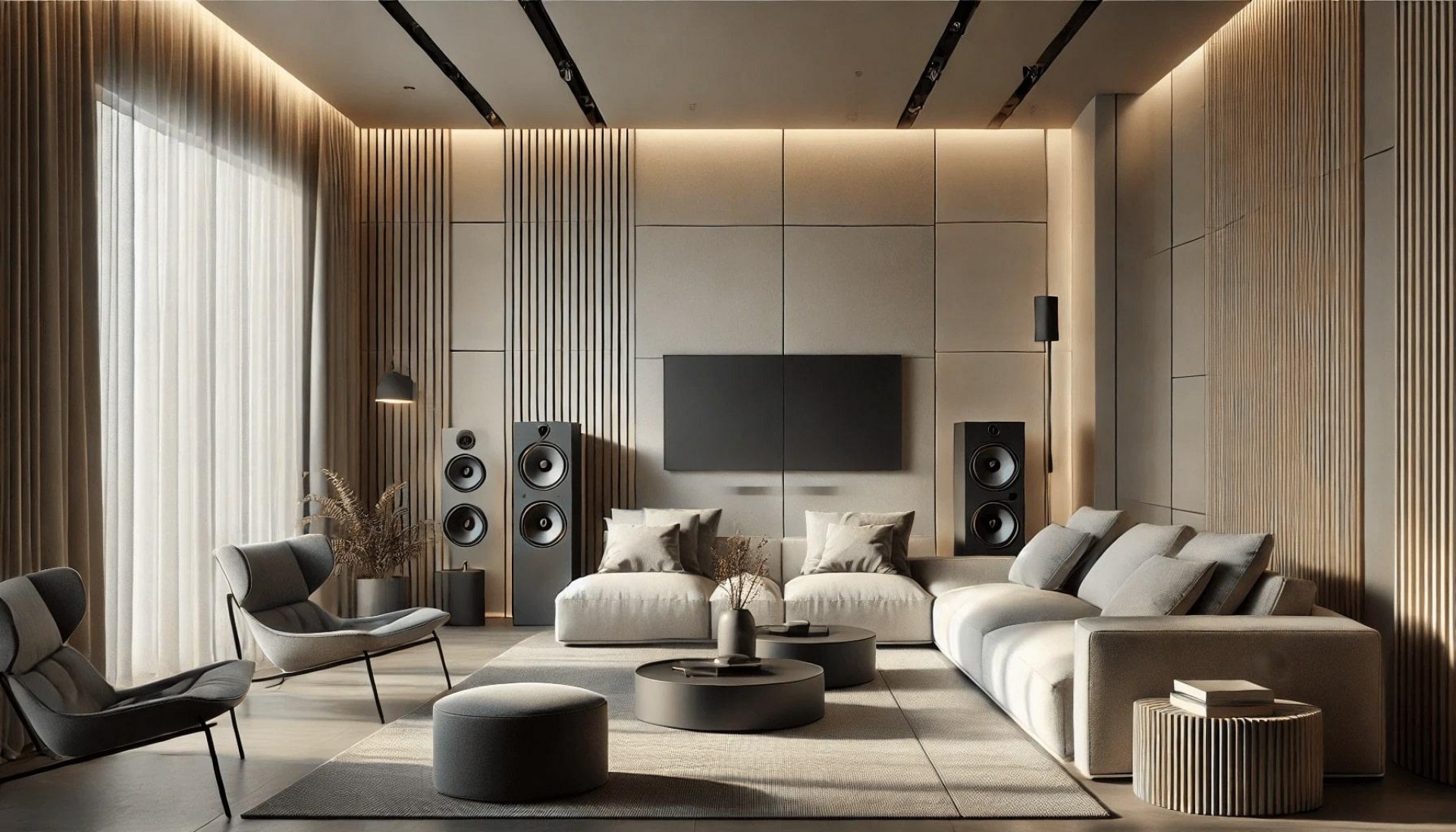
Smart Home Solutions: By integrating smart music systems (Alexa, Google Home, etc.), you can control music in every room with voice commands or apps, making the sound experience more accessible and customizable.
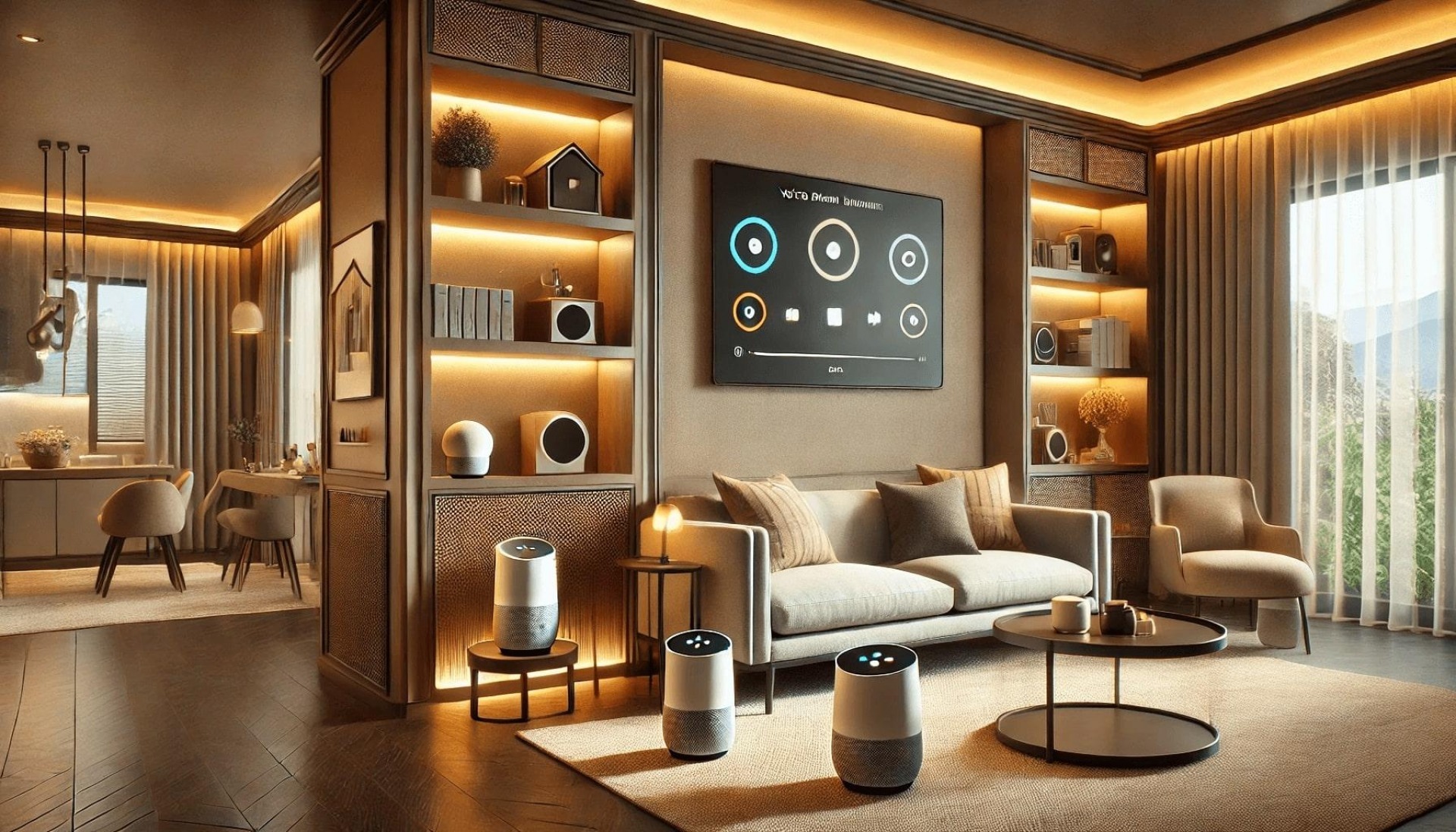
Incorporating acoustic and musical solutions in interiors not only enhances comfort but also transforms spaces into multisensory experiences. Whether reducing noise or creating moods through music, sound design adds a new and fascinating dimension to interior design.
_14077b47db_23.jpg)
Interior Designer since 1985
CEO & Founder, Italian Design in the World
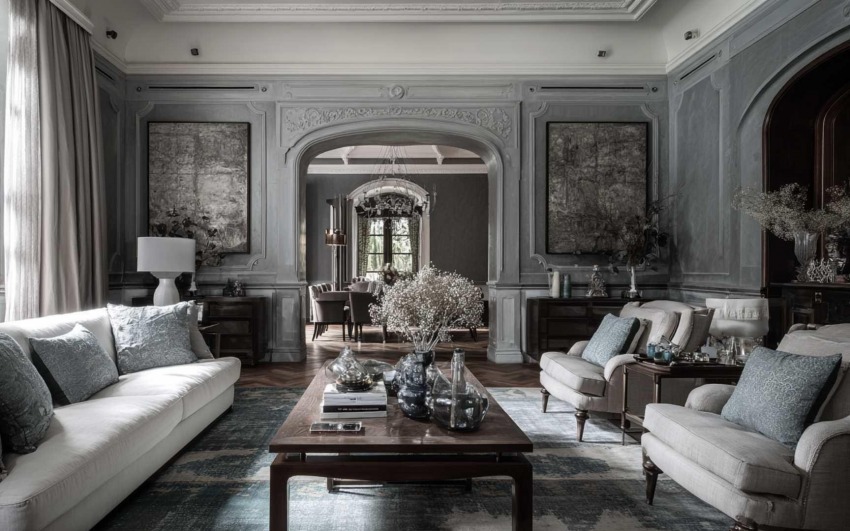
_c49d85500f_642.jpg)
